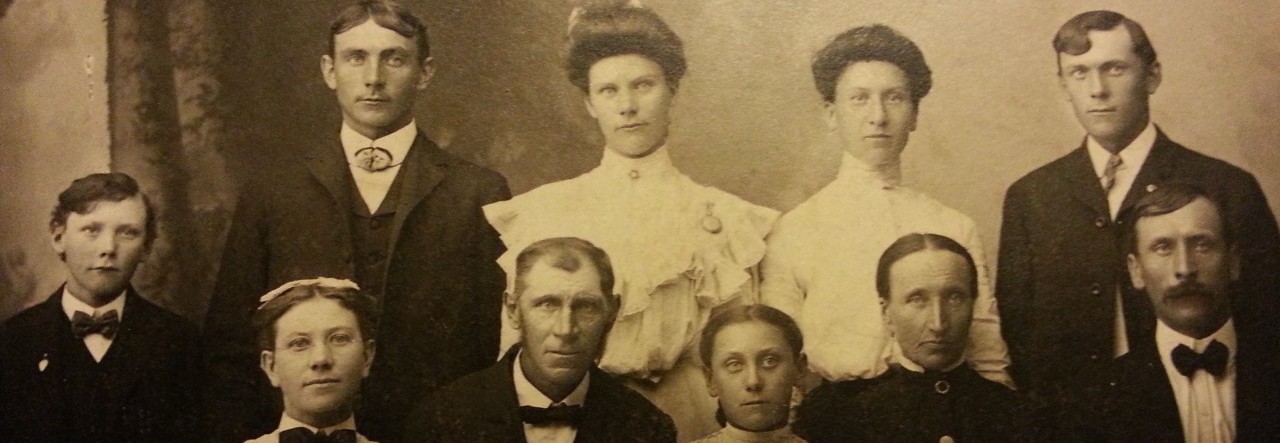The USCIS Genealogy Program was brought to my attention a while ago from one of EOGN’s articles about the service. I had also seen it mentioned in a webinar I attended about naturalization records. The USCIS is the U.S. Citizenship and Immigration Services and they have a page dedicated to genealogy research, and for that, I love them. Their record series are:
- 27 Sept. 1906 – 31 March 1956 – Certificate Files – Self-explanatory really but these are basically the certificates of naturalization. Click the link for a more thorough explanation of what they can hold.
- 1940-1944 – Alien Registration Forms on Microfilm – Also called AR-2’s – These are documents from World War II that made a record of aliens living in the U.S. during that time. Click the link for more information.
- 1 July 1924 – 31 March 1944 – Visa Files – These are official files on the arrival records of immigrants that came to the U.S. permanently. Click the link for more information (these records can include pictures!)
- 2 March 1929 – 31 March 1944 – Registry Files – These records are for those who came into the U.S. before 1 July 1924 and did not have an arrival record or one that could be found. Click the link for more information.
- A-Files Numbered Below 8 Million – Also called A-Files – These are individual files identified by an A-Number (Alien Registration Number). Click the link for more information.
The USCIS program was brought to my attention again today (thanks to Facebook!). I haven’t used this program before this because the majority of my ancestors came before their records. Except for a few of course. Namely, John Michael Stalmacher, whom I talked about here. So I decided to give this a go and send out for a genealogy index search request. I have searched before for naturalization records to see if I could find a record number (then I could skip the index search request step) but I have had no luck.
So I filled out the index search request form found here and then today I’ll send it out with my money order. It could take about 90 days to get a response, which is fine for the patient researcher, but really, are there such things as patient researchers?
I’ll be anxiously checking my mailbox/email for the next few weeks!
Have any of you used this service? What were your results?
Happy hunting!






